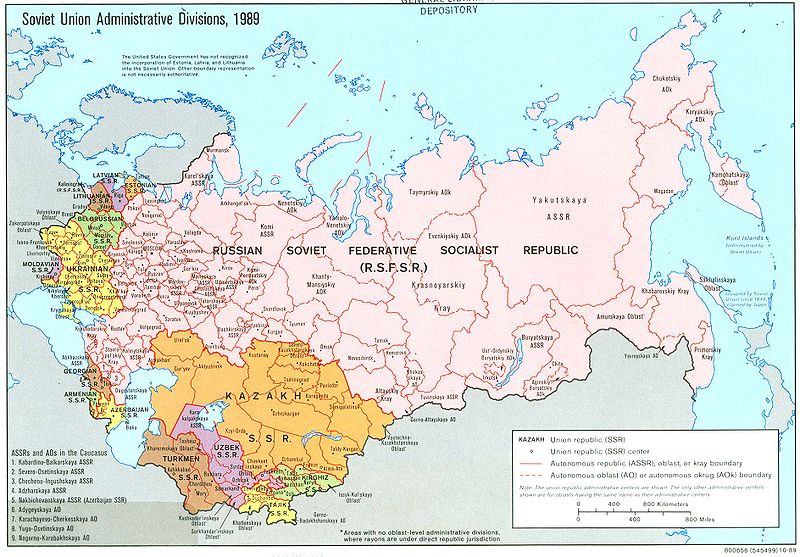Grzegorz Ekiert from Harvard University visited the CSS on Tuesday, 29 November 2011 and held a seminar on the question: “Do communist legacies matter?” In short, Mr. Ekiert’s answer was “not very much.” But this was not his main point. Instead, he focused on what this means for conventional approaches to understanding the social world.
In the immediate aftermath of the collapse of the Soviet Union, many political scientists thought that formerly communist countries would have a bumpy road ahead with respect to democratization. After all, the communist system had infringed on most features of people’s lives. For outsiders at least, this made it hard to believe that several decades of communist rule had not changed the respective societies profoundly. As we now know, however, many Central and Eastern European countries, such as Poland, the Czech Republic, Estonia, Latvia, and Lithuania democratized relatively painlessly and joined the European Union within a few years. In some places, transitions to democracy went so smoothly, and communist legacies seem to have mattered so little, that a number of analysts have started to question whether it still makes sense to focus on these legacies.
One of these thinkers is Mr Ekiert. He argues that previous approaches to explaining post-communist transitions have failed, and that it is time to look for alternatives. That was why he began to think about the relationship between continuity and change in history. Is it possible, he asks, that political scientists have, in recent decades, too narrowly focused on change at the expense of continuity? Could it be that there are “deep historical continuities” at work – continuities so powerful and long-lasting that the conventional frameworks of political science fail to explain them?
Given the discrepancy between expected outcomes (troubled transitions in all countries) and actual outcomes (rather smooth and quick transitions in many countries) outlined above, this seems to be a plausible explanation. Continuing his research into the subject, Mr. Ekiert looked at data and trends on things from voting behavior, to family policies, to the number of NGO’s in a certain area, to economic growth over the past 150 years or so – and what he found was, indeed, a lot of continuity.
Here is just one example: voting behavior in Poland. Mr Ekiert showed us two maps of Poland. The first one showed Polish voting behavior in a recent election (for Prime Minister in 2011). In this map, there was a clear division along geographical lines: in the east of the country, conservatives enjoyed a lot of support, but in the west, liberals got most of the votes (similar to what you can see on this map). Mr Ekiert then took another map, of national boundaries from some 150 years ago, and superimposed it over the electoral map. What we saw is that, with striking precision, the line that separates national conservatives from liberals in Poland today maps almost perfectly onto the old border between Tsarist Russia and Imperial Germany (see this map). As mentioned, he found similar patterns for other countries and issues.
Such a huge amount of continuity gives rise to a lot of questions. Mr Ekiert’s research on this issue is still at an early stage and therefore he did not formulate any general theory about the role of continuity in history and political science. Instead, he proposed several things that could be done in order to arrive at a better understanding of why post-communist transitions (and indeed any other transitions) happened the way they did. So, I leave you with some of his ideas for future research:
- Some levels or areas of analysis may be causally more important than others, as Marx, for example, believed was true of the economic ‘substructure.’ We should go back to that way of thinking.
- We should move away from the nation-state as a unit of analysis in political science. In doing so, we need to both “move up” to the supra national level and “move down” to the sub-national level.
- We should think seriously about long-duree analysis and multiple temporalities.
- For former communist countries: move beyond the study of communist legacies –other legacies might be much more important.


